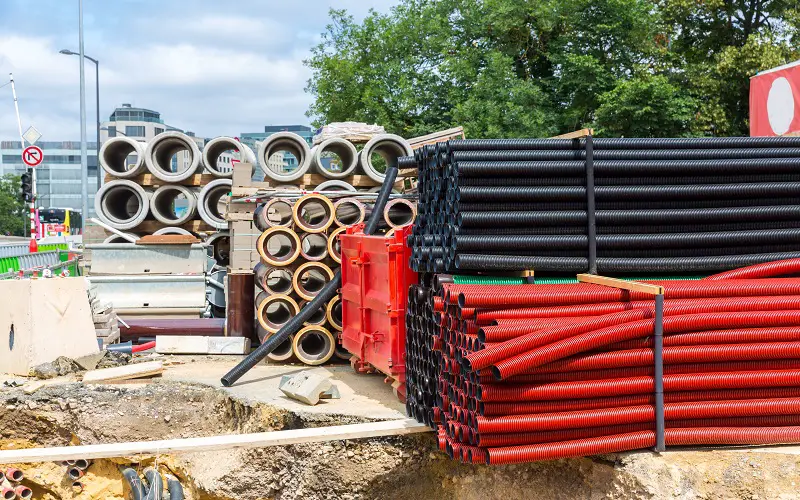It’s a given that maintaining good business relationships in the world of work will help to keep things running smoothly. Those who know and trust can rely on each other will be able to carry out projects faster and with significantly less stress. Especially when previous experiences have already brought positive feedback that can be built upon. This has never been truer than in sectors that regularly work with suppliers.
Your suppliers connect you to assets that you rely on to keep your business running. Having good and direct access to all important components makes almost every single work step easier and faster. With this in mind, it’s important to make sure you can trust and rely on them. Ultimately, they are key to fostering a successful and profitable business.
There are several steps you can take to help build strong relationships in the world of construction – and more specifically, with suppliers who provide construction materials.
Identify the right suppliers for your needs
You’ll need to find a reputable supplier to provide materials like plasterboard, MDF, timber, or any other sheet materials you might need. Consider building materials too, from bricks to cement products. What you need will depend on the type of construction projects on which you are working.
A supplier who can provide most of the assets you need would be ideal. The fewer cooks cook the broth – or in this case, the fewer suppliers deliver the required material – the easier it is to plan and avoid bottlenecks. Especially if you maintain a positive relationship with them, respecting each other’s expectations, it means you will be able to rely on materials that are key to your business. Ensure you research the reputation of potential suppliers and conduct due diligence, as you’ll be putting a lot of trust in them. This is an important point – as easy as it is to have a supplier for a large number of products, make sure you put your trust in the right company. Putting all your eggs in one basket can produce great, efficient results—but it also comes with risks. If complications or difficulties arise here, the production chain can be interrupted even more severely.
Communication
Like with any healthy relationship, good communication is essential. This means providing clear specifications and details for projects. Any potential issues or bumps in the road should be raised, without too much confrontation – and ideally immediately. At the end of the day, both parties want to ensure that the process runs as smoothly and easily as possible. Open and direct combination with as few intermediaries as possible that can falsify, and slow down communication is the key. Each side should listen to one another and respect both sides of the coin and any joint goals. Both sides should clearly be able to get things across in a clear and concise manner and nominate specific people to be permanent and reliable contacts for everyone. Nothing is worse than not knowing exactly who is responsible.
Negotiating contracts
Drawing up a contract that works well for both parties will place you in good stead. Seek out favourable terms that are fair, while ensuring any contracts are in line with any regulations or standards that need to be met. Sometimes, the process of setting up contracts can be costly. With the right contracts in place, however, your business can take advantage of long-term savings.
Building the relationship
If you invest in a relationship, it will only make it stronger. Ideally, you will want a long-term partnership, and through this, you can learn from each other by providing industry insights and following best practices. This will allow you, as a team to refine any processes. Eventually, you may reach a stage where you can even outsource certain tasks to a supplier.
Especially as your company grows, healthy relationships with partners, suppliers, and other organizations are incredibly valuable. In the long run, the companies that invest enough in their relationships will last the longest and grow the healthiest.
Conclusion
All in all, nurturing supplier relationships can only serve greater advantages in the future. It can foster a healthy relationship that benefits both parties, prompting a more profitable state on both sides. If you take the time to invest in your supplier relationships, you can reap the rewards going forward. We should all always be aware that at the end of the day, we are always working with other people – that there is always another person on the other side of the screen or phone. And the more authentic we are, the more genuine our relationships will be.




